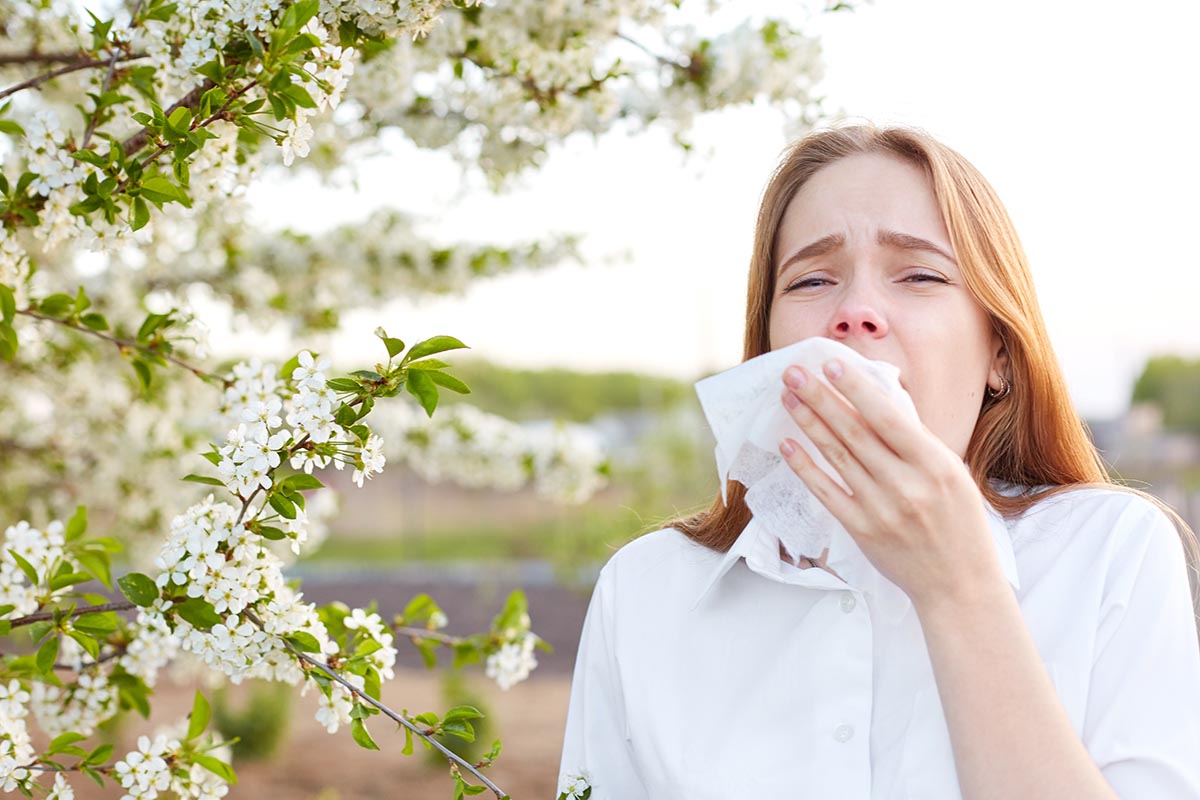Ashford Clinic Blog
How to Plan Ahead for Spring Allergy Season
 Spring is right around the corner and with it comes spring allergies. All of the foliage is certainly beautiful but it’s also the cause of increased pollen counts. Instead of enjoying spring, many dread it. If that is your experience, there are ways that you can plan ahead for the spring allergy season!
Spring is right around the corner and with it comes spring allergies. All of the foliage is certainly beautiful but it’s also the cause of increased pollen counts. Instead of enjoying spring, many dread it. If that is your experience, there are ways that you can plan ahead for the spring allergy season!
Know what your allergy triggers are. The best way to truly know what your allergies are is through allergy tests, and those are administered by a physician. Once you do know, your doctor can help you choose the best course of action for treating your allergies.
Start your allergy medications early. Starting your medications one to two weeks before pollen season begins can help you reduce your allergy symptoms. If you’re not sure when the pollen season begins in your area, there are apps and allergy guides available.
Consistency is key. Your medication and precautions won’t be nearly as effective if you aren’t consistent. If you have trouble remembering to take your medications at the same time every day, try creating reminders on your smartphone or computer.
Monitor local pollen counts. Most weather apps include local and regional pollen counts in their forecasts. When the counts are high, keeping doors and windows closed will help keep your indoor air quality comfortable.
Use aids such as nasal rinses. Saline nasal rinses will help in flushing pollen from your nasal passages. And if you find Neti pots uncomfortable, there are nasal saline sprays as well.
Use protection. Hats, sunglasses, and masks are all helpful when you do need to venture outdoors. Hats reduce the buildup of pollen in your hair, sunglasses help keep it out of your eyes, and masks reduce the amount of pollen that enters as you breathe. N95 masks are the most effective, but fabric or surgical masks are also helpful.
Showering and changing clothes when you come inside. Any clothing that is worn outside for an extended period of time is going to carry pollen inside with it. When pollen counts are high, it’s best to change clothes and shoes once you are inside. Showering will rinse off pollen from skin and hair, and this is especially helpful before sleeping. You don’t want to wake up sneezing because you brought pollen to bed with you!
Regular cleaning. Increasing how often you clean your home will help improve air quality and reduce your allergy symptoms. This includes vacuuming carpets and upholstered furniture, dusting, and mopping hard floors.
With some preparation and consistency, you can prepare for spring allergies and reduce the overall impact on your health.


